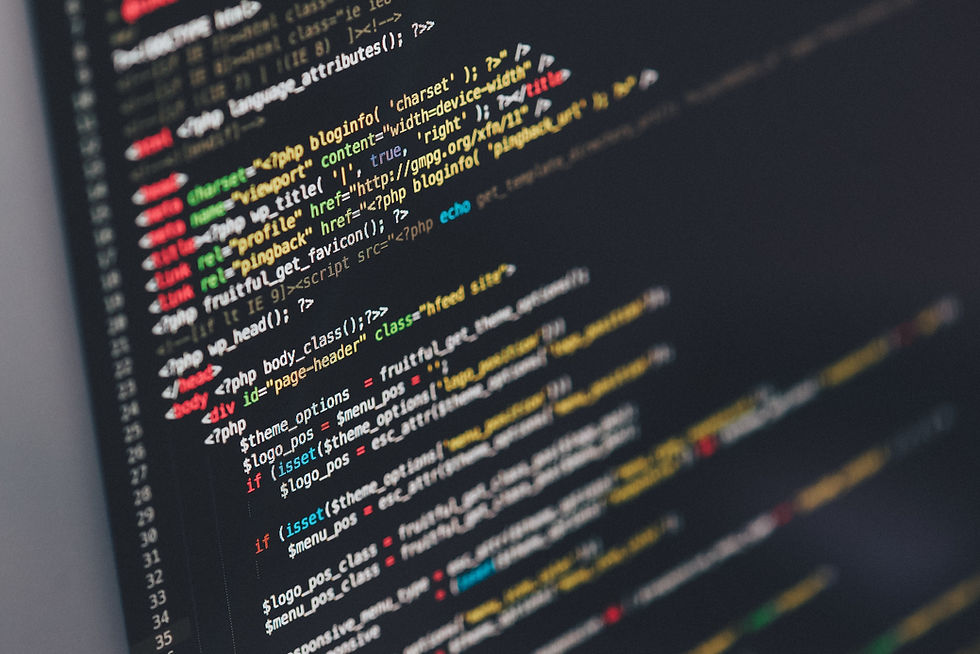The Global Ripple Effect: How a Single Anti-Virus Update Disrupted Travel and Tourism Worldwide
- Black Lion Botanicals

- Jul 20, 2024
- 2 min read

Hey everyone, Terry here. The past few days have been nothing short of chaotic for the global travel and tourism industry. An update from the US-based anti-virus company, Crowdstrike, has inadvertently caused a massive worldwide outage. Described as the most significant disruption ever, its impact is hard to overstate.
The Scope of the Outage
Within an hour of the update's release, countless services and companies around the globe began reporting issues. The sheer number of affected brands became impossible to track. Crowdstrike, a name that might not be familiar to everyone, pushed an update to its Falcon virus scanner, which adversely affected millions of Windows-based computers.
The infamous "Blue Screen of Death" appeared on devices everywhere, halting operations in critical sectors, including healthcare, retail, and, most notably, travel.
Impact on Travel and Tourism
Airports and airlines felt the brunt of this outage. Flights were delayed or canceled, and travelers found themselves stranded in terminals worldwide. The domino effect of these disruptions is staggering, as airports rely heavily on technology for everything from ticketing and baggage handling to security and navigation.
Pharmacies and GPs were also hit, complicating travel plans for those needing last-minute prescriptions or medical advice before departure. The chaos extended to travel booking sites and customer service systems, leaving travelers without information or assistance.
A Tech-Dependent World
The incident is a stark reminder of our dependence on technology managed by a handful of large companies. While it's essential to keep software updated to protect against cyber threats, this event highlights the potential consequences when things go wrong. Today, we saw just how vulnerable our global infrastructure can be to a single point of failure.
Crowdstrike has since issued a fix, but the solution requires a manual reboot in safe mode for every affected machine—a process that is neither quick nor simple. This means prolonged disruptions, as IT teams around the world scramble to restore normalcy.
The Human Element
Despite the initial lack of an apology, Crowdstrike's CEO, George Kurtz, expressed deep regret for the incident's impact on travelers and businesses alike. This gesture, while appreciated, doesn't erase the frustration and inconvenience experienced by millions.
Looking Forward
As we navigate through this crisis, it's crucial to consider the timing and methodology of software updates. Experts wisely noted, "Never push an update on a Friday," pointing out that fewer staff over weekends can lead to prolonged recovery times. Mid-week updates might mitigate such risks in the future.
For now, those affected can find detailed instructions on Crowdstrike's support website. Companies with dedicated IT teams will likely coordinate comprehensive responses to manage the fallout.
In the days ahead, as the world slowly returns to normal, this incident will serve as a powerful lesson in the delicate balance between technological advancement and the real-world implications of its failures. For the travel and tourism industry, it’s a call to enhance resilience and preparedness against such unexpected disruptions.
Stay safe out there, and remember to always have a backup plan when you travel.
Terry Thomas
Founder of Black Lion Botanicals 🌿
Award-winning yoga instructor 🌸
Traveler and self-care coach 🌍






Comments